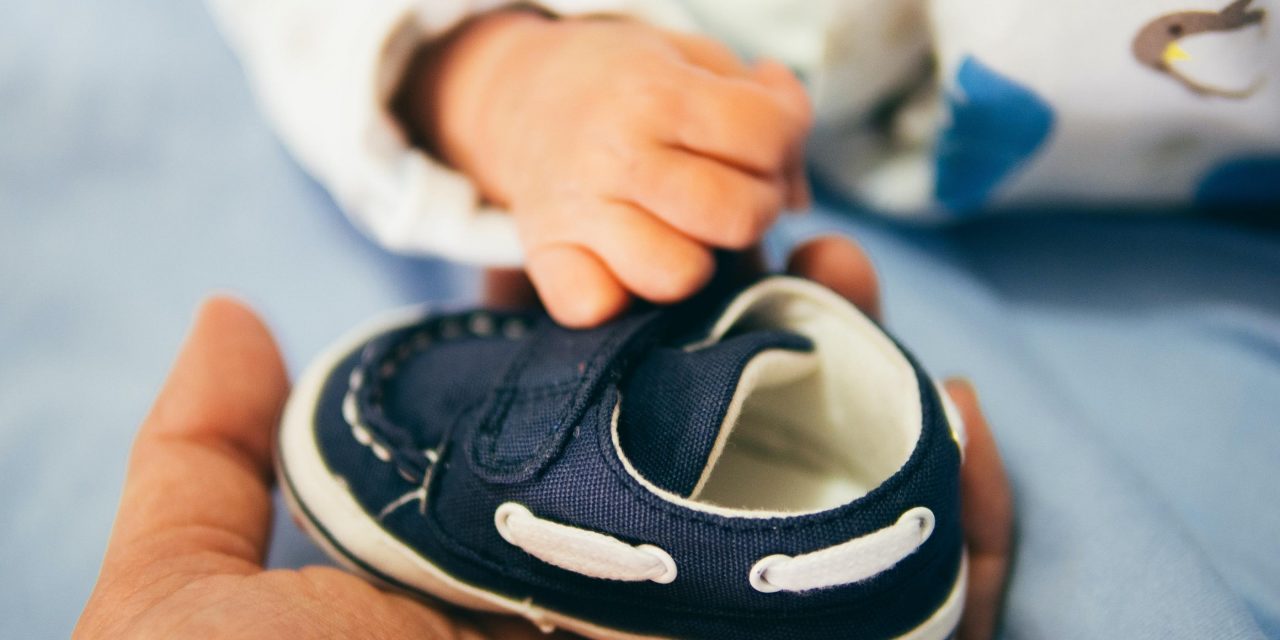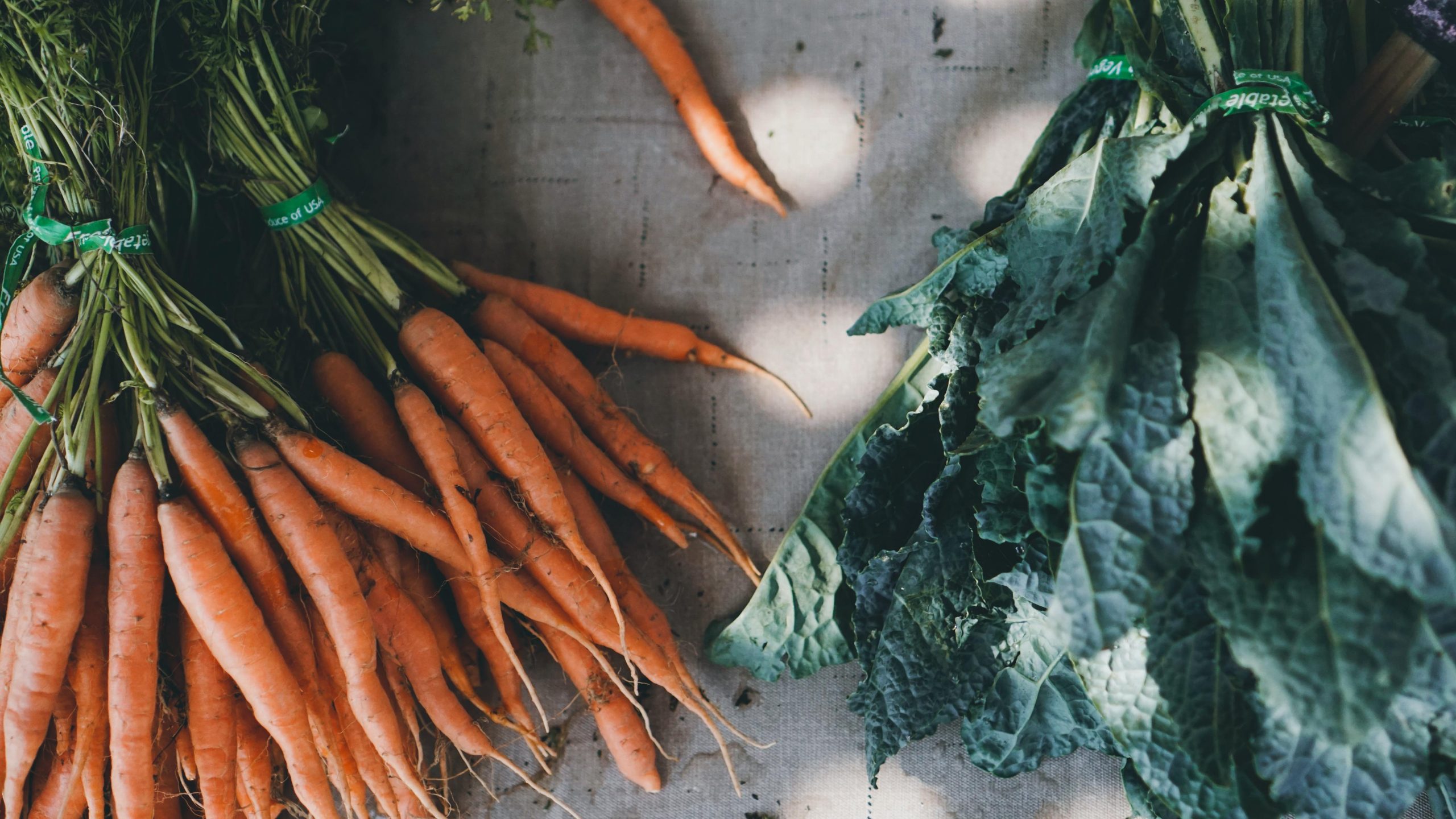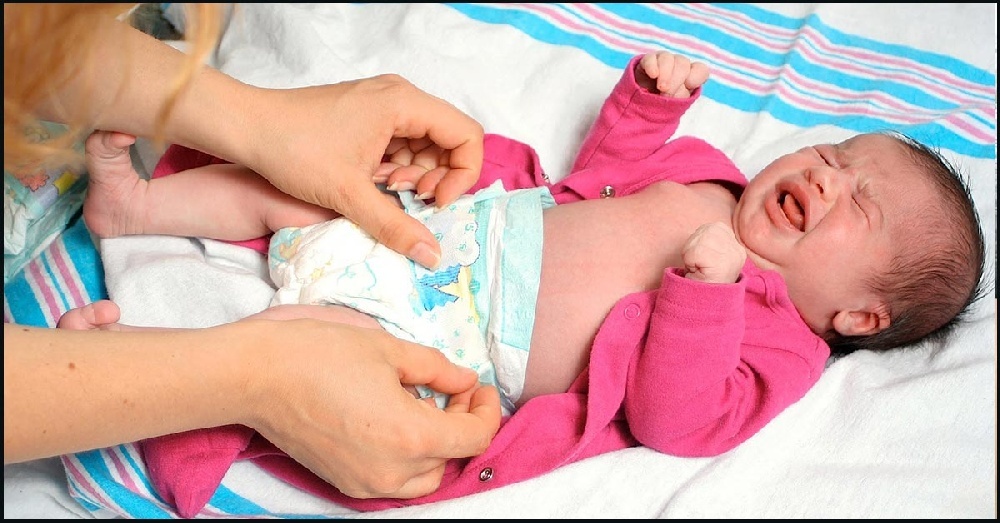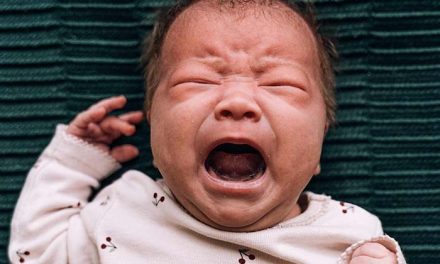From the moment you first hold your little one in your hands, parenthood is a journey like no other. Like any journey, it has its fill of roadblocks and obstacles, dead ends and smooth sailing. And, just like a journey, it also has its milestones! The first year of your baby’s life is when you’re going to look out for these milestones the most. Being a crucial year of an infant’s development, baby milestones in the first year can help you identify whether or not all is well with your baby. Read on to learn more about these first-year baby milestones.
What To Remember About Baby Milestones
Before we take you to the first of many milestones to expect, here are a few important things to remember. Firstly, remember that these milestones are only guidelines, and you must not use them to come to your own conclusions about your baby’s health. Your baby’s pediatrician will help you accurately measure your child’s development at each visit.
Secondly, you may have to look at a different set of milestones if you have a premature baby, or if your baby has special needs. Children with special needs will often have a separate growth chart of their own. This helps you keep track of their growth at what is their normal rate. Your baby is expected to reach certain milestones not based on the day they were born, but on their due date. If your baby was born two months before their due date, they’re going to reach milestones two months later than the given guidelines.
What Baby Milestones To Expect In The First Year
First Month
At the end of your first month of parenting, you’re going to feel like you need a reward for hitting a milestone of your own! For some of you, this time will go by in a blink, while for others it will feel like a year. Keeping track of time isn’t the easiest when you have a newborn on your hands. However, in this short duration, your baby’s body is already changing to better prepare for life outside the womb.
Some of the baby milestones to look out for in the first month are:
- Moving their hands and fists near their mouths, and closing their fists into a tight ball.
- Developing their senses and reflexes. They may startle at a loud noise, or close their eyes when they see a bright light.
- Turning towards familiar sounds and voices. If you bonded with your baby during pregnancy, they may be able to recognize your voice easily.
- Preferring high-contrast images or patterns.
- Focus on objects that are about 8 to 12 inches away from the face.
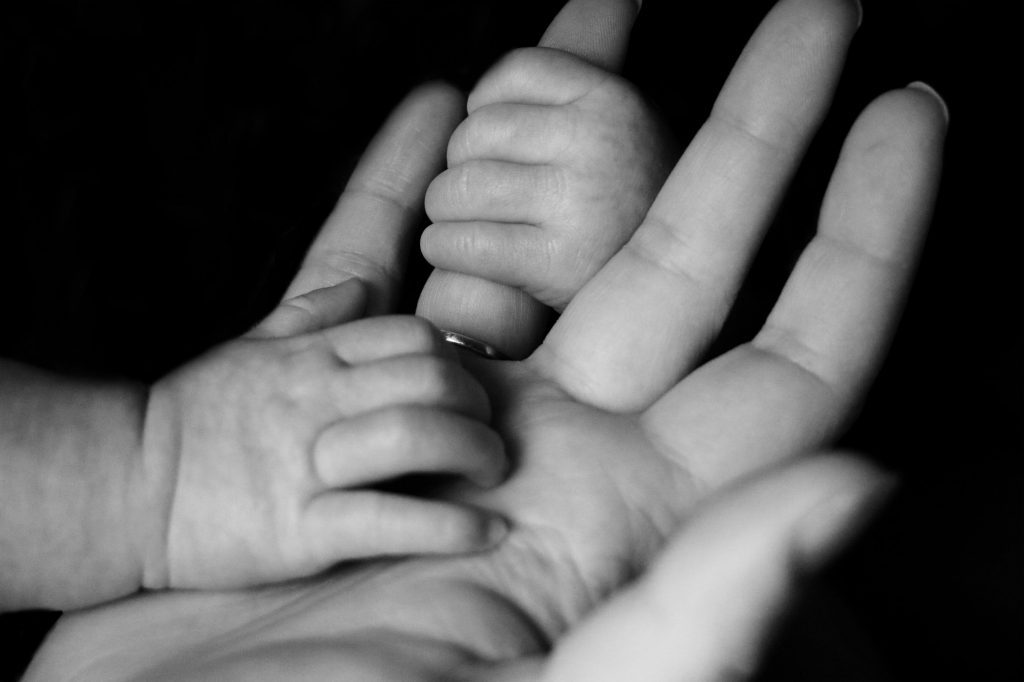
Your newborn is too small for any major movements apart from grasping your fingers.
Second Month
In their second month of life, babies will start to look a little less like newborns and a little more like, well, babies! You’ll notice their faces filling up, features becoming a bit more distinct, and so on. They’re also going to be quite the pooping, sleeping, and crying machines, but this isn’t all. You can expect your baby to be:
- Cooing and gurgling.
- Trying to move a bit by themselves. They’ll probably be pushing downwards with their arms when on their tummy, trying to push themselves up.
- Slowly tracking objects with their eyes. You can encourage them to do this by slowly moving a brightly colored object in front of them.
- Trying to reach out to objects, though not very successfully.
Third Month
By the third month, you’ve settled into a rough routine with your little one. They’re slowly becoming a little independent and can keep themselves occupied for short periods of time. This means you can take those few minutes to nap or exercise without them wailing for you. By the third month, your baby will:
- Coo, babble and giggle, and make vowel sounds (ooo, aaa)
- Smile! Your little one will now smile at you and at the sound of your voice, and especially when you smile widely at them.
- Grasp at toys, rattles and other objects.
- Properly bring their hands to their mouth.
- Raise their head and chest when on their stomachs, and support their bodies with their arms.
- Stretch out their legs, kick and thrash their feet when on their stomach and back.
Fourth Month
Your baby has already started to explore the basics, and the fourth month is when they begin to perfect them. You’ll notice body movements and actions getting better. Some baby milestones that they perfect from this month onwards are:
- Holding their head up better, and for longer.
- Showing more coordination with hand movements, and grasping their toys with more accuracy.
- Copy your facial expressions.
- Starting to roll over, or making obvious attempts to do so.
- Tracking faces and objects with more accuracy.
- Pushing down on their legs when you hold them up.
Fifth Month
Your little one is getting better with movements and coordination. Their bodies are also beginning to become stronger. They’re also going to giggle, and maybe even break out into peals of laughter! Baby milestones that roll around in the fifth month are:
- Grabbing their feet, and maybe even putting them into the mouth. This is a good time to grab that camera for a memorable photo.
- Rolling from their tummy to their back and from their back to their tummy.
- Properly catching objects and transferring them from one hand to the other.
- Making attempts at real speech by using vowel and consonant sounds.
Sixth Month
If your little one hasn’t yet managed to roll over by themselves, they could start to do so in the sixth month. Their bodies are also gaining strength in preparation for them to start crawling and eventually, walking. Baby milestones in month six are:
- Being able to sit for a little while unsupported.
- Managing to properly turn from back to tummy and vice versa.
- Bears more weight on the legs and tends to bounce when held up in a standing position.
- Reaching for things that are out of reach.
- Recognizing their name.
- Show an interest in mirrors.
Seventh Month
Your baby’s improvements keep on growing, and they sound like they’re getting closer to mumbling out a mama or a dada. Since they’re also reaching out and grabbing, it becomes essential to baby-proof the area. By this we mean ensuring that you remove all small and sharp objects that could hurt your baby; not doing this is one of the mistakes new parents tend to make. Some developmental milestones to look for are:
- Recognizing and responding to facial expressions.
- Understanding the tone of your voice (when you’re happy vs. when you’re stern).
- Finding it easier to sit up without support.
- Grabbing things and putting them in the mouth.
- Recognizing and responding to being told ‘no’.
- Sit up without support.
- Develop vision and be able to track objects well.
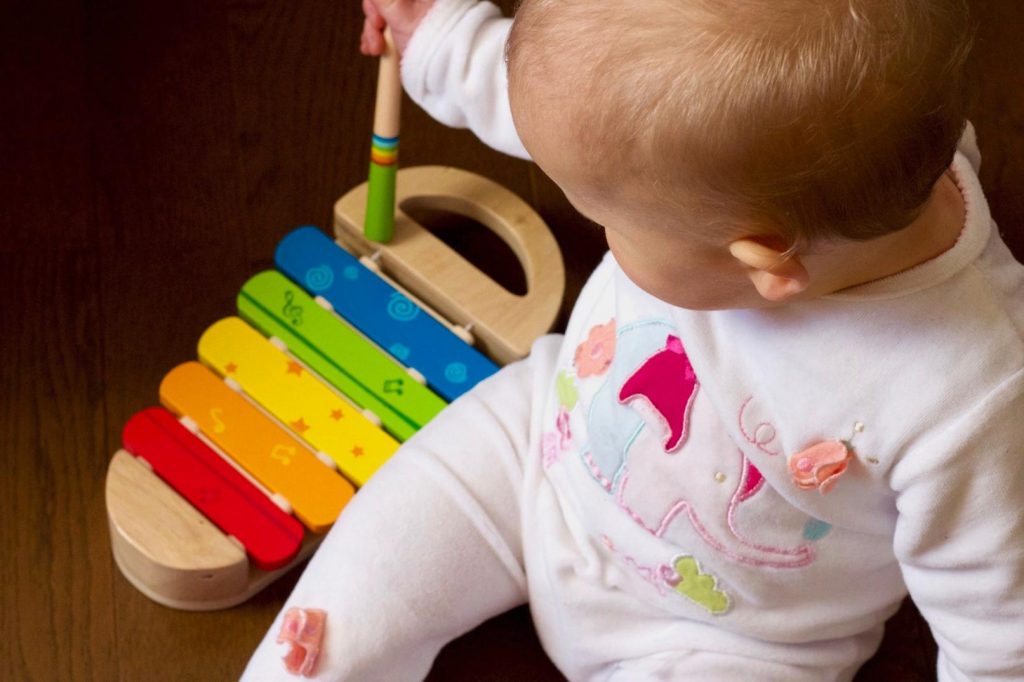
Six to seven months can be a fun time for babies to explore toys.
Eighth Month
Your baby is beginning to master some movements, and is also going to show interest in food! The transitions are still happening; while the previous months see them turning over, you’ll now see them progressing towards crawling. Some of the baby milestones in month eight are:
- Using a raking grasp to pull things towards them (swiping at objects with all the fingers open and reaching out).
- Trying to crawl, or already crawling.
- Pulling themselves up with furniture.
- Banging toys together.
- Developing unease when they get separated from you.
- Drooling; some babies may cut their first teeth, so prepare for biting and crankiness.
Ninth And Tenth Month
Your little one is soon going to be on the move, eager to explore the world on their terms. This involves crawling around, pulling themselves up by pulling on furniture (watch out for tablecloth that can come crashing down) and babbling animatedly with a little more coherence. Your little one may reach milestones like:
- Playing peek-a-boo.
- Making noises to denote certain emotions (laughing when happy, rambling angrily when frustrated).
- Using a pincer grip (holding things between their thumb and index finger). This is a good time to introduce cutlery, but we’re warning you, things will get messy!
- Recognizing and pointing to things they want, and getting upset when you don’t give it to them.
- Shaking their heads to say no, waving their hands to say bye-bye.
- Properly crawling, and pulling themselves with ease.
- Saying ‘mama’ and ‘dada’.
- Copying your behavior, like babbling into their hand or a toy phone to imitate you.
Eleventh And Twelfth Month
Before you know it, you’ve made it through nearly an entire year. Your little one is almost a toddler! At this age, you can expect milestones like;
- Cruising around the house i.e. holding onto furniture and walking around the house. They may even take a step or two by their first birthday, but this varies from baby to baby.
- Understanding simple statements like ‘don’t touch’.
- Putting food in their mouths with the pincer grasp.
- Exploring their understanding of objects by banging them, throwing them around, and putting them in their mouths.
- Understanding the use of certain objects, but still using them clumsily (spoon for eating, a comb to brush hair, a sipper for water).
- Pointing or looking at the right object or person (‘where’s dada?’ Or ‘where’s the dog?’)
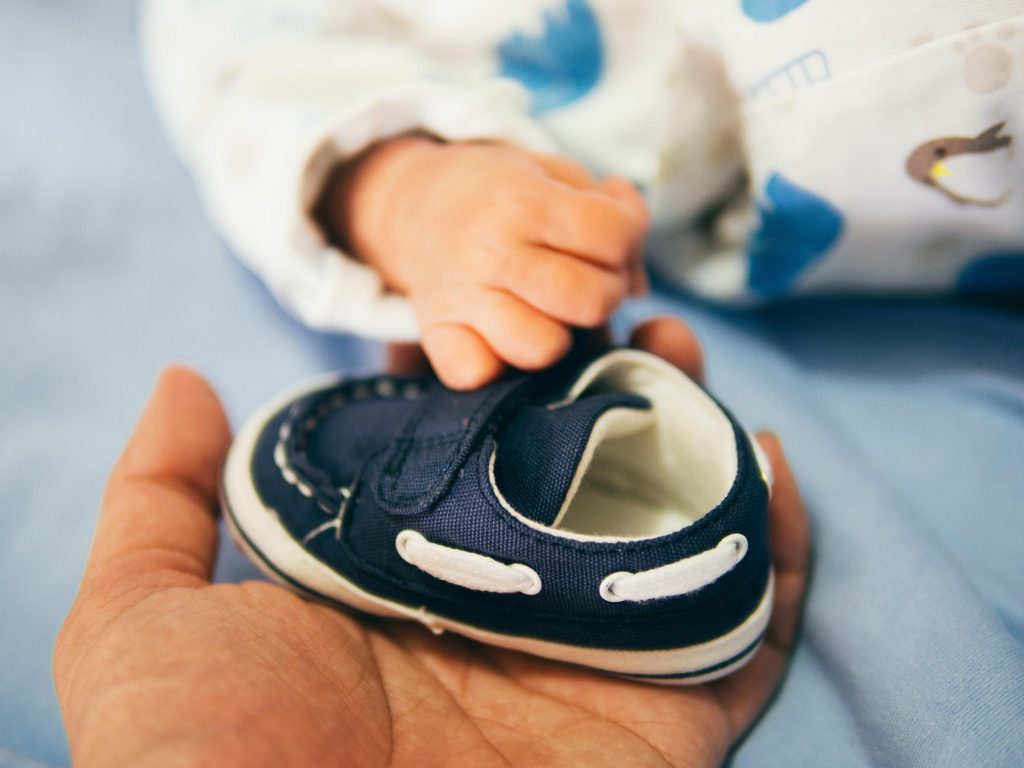
At 11 to 12 months, you can go shoe shopping since your little one will be trying to stand.
Conclusion
As we’ve already mentioned, these baby milestones for the first year are just approximates. Focus on the development of your little one instead of comparing them to a blog or to another baby. Ensure you track their growth chart if you’re worried about their development; this is also something you should communicate to your baby’s pediatrician.
Your baby’s first year is also important for another reason – vaccinations. You need to follow a vaccination schedule and ensure you make it to all your baby’s vaccination appointments. Worried about keeping track of their vaccinations, and of the several other things on hand? Download the ImmunifyMe app to get digitized vaccination records, appointment reminders, customized nutrition charts, and more.
FAQs On Baby Milestones: The First Year
What Do Babies Do In Their First Year?
In their first year of life, babies learn to grasp objects, reach out and pull themselves, improve their vision and focus on tracking faces and objects, and wording simple syllables like mama and dada.
What Are The Three Major Milestones In The First Year Of Life?
There are several major milestones in your baby’s first year, but three of the most major ones include being able to stand or walk, being able to say simple words, and sitting up without support.
What Should A 1 Year Old Know?
A 1-year-old should know and respond to their own name. They should be able to recognize and point out people like their mother and father, and simple objects such as a dog, a chair, etc. A 1-year-old should also be crawling, if not standing up.
What Words Should A 1 Year Old Be Saying?
A 1-year-old should be able to say simple words with small syllables. These include the basic ‘mama’ and ‘dada’, directed at the right people. They should be able to say one to two other words, like having their own version of a pet’s name and associating it with them. At 1 year, a baby should say around 1 to 3 words.

